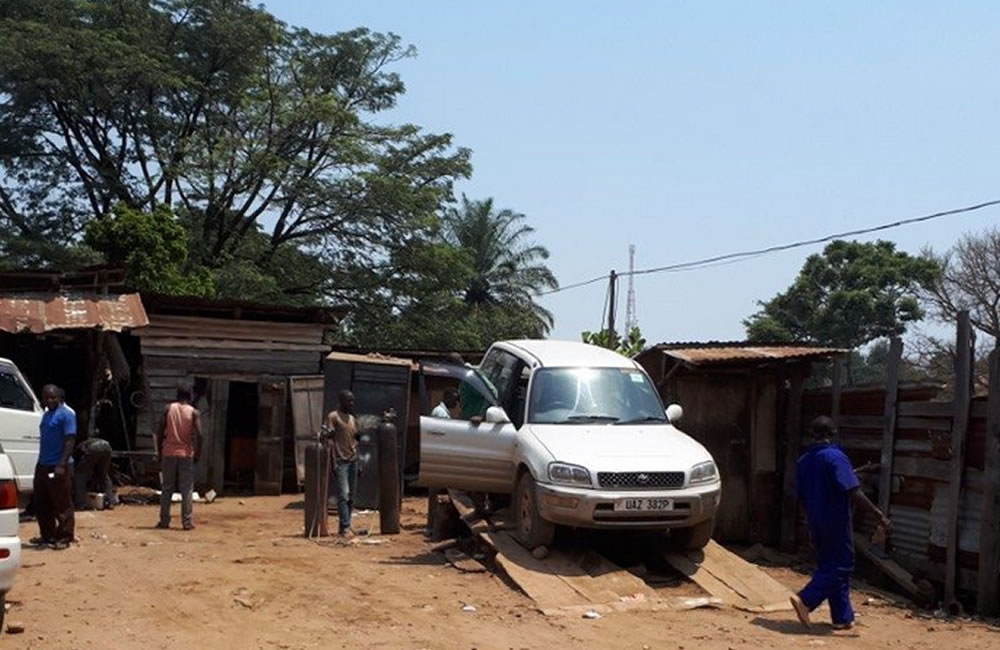
What to do If Your Rental Car Breaks Down in Uganda
When embarking on a self-drive in Uganda, encountering car problems can be a daunting experience. Very many self-drive clients find them selves in a fix of having a vehicle being mechanically down in the middle of no where, its always a good idea to make a prior check for your car rental from your service providers before you start off with your Uganda safari. This will give you assurance if the vehicle is in a sound condition feat for your safari, however man made automotive are bound to breakdowns.
If the Vehicle is involved in an accident, is damaged, breaks down or requires repair regardless of cause, If the vehicle requires repair or replacement, the operator must arrange repairs to the vehicle or arrange a replacement vehicle within a reasonable time frame (24Hours), provided that the operator will not be required to repair or replace the vehicle if it was damaged while being operated in a manner which breaches this agreement. Should you find your self in a fix of mechanical break down OR technical break down in a nation park or any game reserve ensure the following safety measures to help you navigate these challenges effectively
- Don’t move out of your car until you observe your environment is safe and free from any wild animal.
- Ensure you exercise maximum silence, don’t make noise at any moment
As soon as possible inform your service providers in case you’re in a position or have cell coverage - Report to anyone around, this could be the game rangers on patrol, its always a good idea taking all possible contacts from the available rangers at the starting point (ranger posts) these can be of good help incase you find out you have a mechanical issue, this can be done before you start off with your game drive at any park.
- Ensure your car is equipped with a functioning Jake, wheel spanners, and good pressured spare tyre, these checks should be done before starting off with your safari or game drive, this helps out when you find your self having a flat tyre.
- Before planning for a self drive ensure you have defensive driving skills, these equip you with simple skills of changing a tyre and everything
- Make all efforts of moving with some littles of water, incase you find out your engine is over heating in the middle of a safari,
find a safe parking spot, let the engine cool fill up with water. - Ensure you having towing chains, car jump start cables these can be provided by your car rental service providers, in case you find your stuck in mud or sand request to be towed out by any near by vehicle around,
should you find your self in a situation where your car isn’t in position using its battery, request any near by colleague to jump start you. - Establish all possible contacts from responsible stake holders before starting off with you game drive, these could be cell contacts from the technical heads at the ranger post.
Conclusion:
You can navigate these situations effectively if you always check your rental vehicle before starting any adventure to ensure it’s in good condition. If you do encounter issues, remember to stay calm and prioritize your safety, stay inside your car until the area is secure, and communicate with your rental service or nearby rangers if needed, you can minimize stress and fully enjoy your safari experience. With a little planning and awareness, you’ll be ready to handle any car problems that come your way, allowing you to focus on the unique beauty of Uganda’s landscapes and wildlife.
Read More